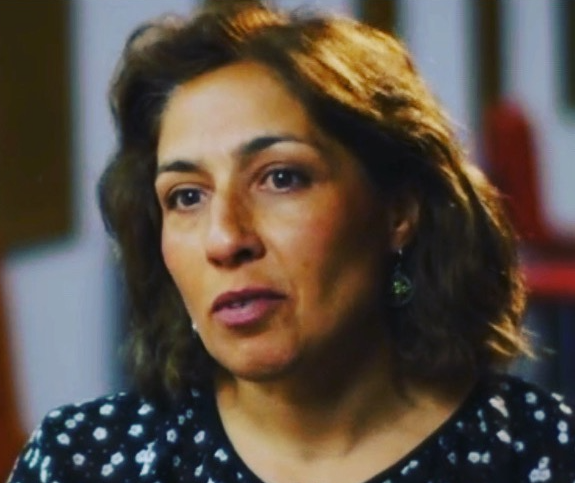Eva Cancik-Kirschbaum


Eva Cancik-Kirschbaum is an Assyriologist and specialist in cuneiform epigraphy. She is currently Professor of Ancient Near Eastern Languages and History at Freie Universität Berlin. She is also co-director of the Einstein CHRONOI Center and co-director of the Center for Advanced Studies “Rethinking: Governance in the Ancient Near East”. She studied Assyriology, Semitic languages, classical archaeology and Near Eastern archaeology in Tübingen, Berlin and Rome.
The project
Title: Know-how: the “domestication” of work in ancient Mesopotamia
"“When the gods were men” - inūma ilū awīlum - these three words form the first line and programmatic opening of this epic poem in the Akkadian language, known today by the prosaic name of the Atramḫasis epic. The story was probably first put into written form in northern Babylonia in the 18th century BC. However, the major themes it deals with - the creation of man and the destruction of early humanity by the great flood - had already long been part of oral and written tradition by this time. But a new element is added: here, more than anywhere else in the ancient Near Eastern tradition, “work” is emphatically defined as the human condition. What does this mean for the design of work processes, for the management of human “resources” and, above all, for the relationship between work and thought? Four successive lectures will address these aspects through the example of texts from the cuneiform tradition. They deal with “savoir faire”, the genesis and development of knowledge in relation to “work”."
Hosting institution: École des Hautes Études en Sciences Sociales (EHESS)
Selective Bibliography
- Epistemic Things and Epistemic Infrastructures. Writing as an experimental system in ancient Mesopotamia. In: J. Dietrich, A. Schellenberg-Lagler, Th. Wagner (edd.), Ancient Epistemologies. Orientalische Religionen in der Antike / Oriental Religions in Antiquity vol. 58, Tübingen 2024, 51-66. DOI 10.1628/978-3-16-163867-1.
- Das Konzept des „Despotismus“ und die Erforschung altorientalischer Gesellschaften im 20. Jh. n. Chr. In: S. Fink. H. Neumann (edd.), Towards a History of Assyriology. Workshop Organized at the 64th Rencontre Assyriologique Internationale, Innsbruck 2018. Investigatio Orientis. Beiträge zur Wissenschaftsgeschichte der Orientalistik 5, Münster 2025, 95-114.
- Erste Philologien. Archäologie einer Disziplin vom Tigris bis zum Nil. In Koautorschaft mit Jochem Kahl, unter Mitarbeit von Klaus Wagensonner. Tübingen, 2018.
- Toponyme der mittelassyrischen Texte: Osten und Peripherie des mittelassyrischen Reiches. In Koautorschaft mit Christian W. Hess. Paris, 2022.
- Transfer, Adaption und Neukonfiguration von Schrift- und Sprachwissen im Alten Orient. Episteme in Bewegung, Beiträge zu einer transdisziplinären Wissensgeschichte 25, edd. mit Ingo Schrakamp. Wiesbaden 2022.



Nancy Jones

Arezou Azad

Carla Rita Palmerino


